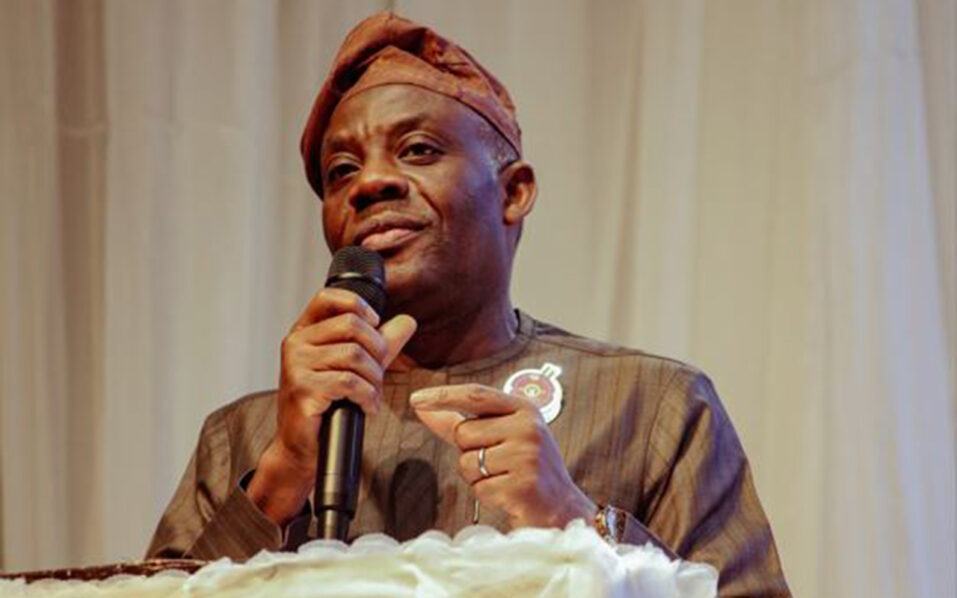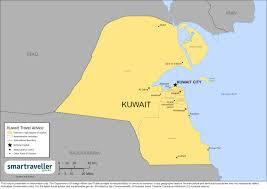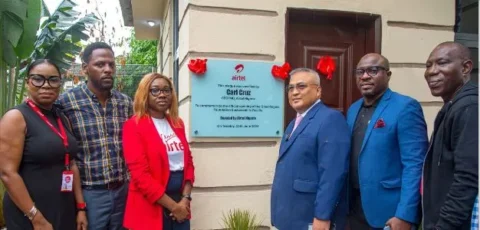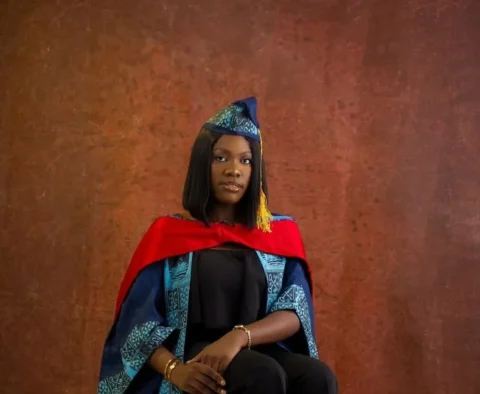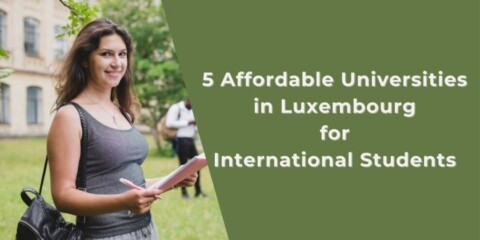The Federal Government has identified poverty, insecurity, and cultural barriers as major contributors to the over 14.8 million out-of-school children in Nigeria. It has called for stronger collaboration with stakeholders, including development partners, to address the issue.
Minister of Education, Dr. Olatunji Alausa, made this known on Tuesday while declaring open the International Conference on Smart Education and Digital Literacy (ICSE 2025), organized by the Universal Basic Education Commission (UBEC).
Dr. Alausa noted that the administration of President Bola Ahmed Tinubu has been making various efforts to address the growing number of out-of-school children in the country.
“Despite our progress, we recognize the persistent challenge of out-of-school children, with numbers exceeding 14.8 million. Factors such as poverty, insecurity, and cultural barriers compound this issue,” he said.
He added that through initiatives like HOPE-EDU and NESRI, the government is expanding access to education, improving infrastructure, and working with communities to ensure every child is enrolled and receives quality education.
“Let me affirm our unwavering commitment to driving these reforms to fruition. We will continue to rely on strong partnerships with UBEC, our state counterparts, development partners, and the private sector,” he stated.
Dr. Alausa also revealed that through the HOPE for Quality Basic Education for All (HOPE-EDU) initiative, the Federal Government has secured $552.18 million in funding from the World Bank and the Global Partnership for Education. This support is aimed at enhancing foundational learning for over 29 million children and training more than 500,000 teachers under a performance-based financing model.
He described the theme of the conference, “Empowering African Smart Education through Emerging Technologies,” as fitting, noting that it aligns with the strategic goals of Nigeria’s education sector under the Renewed Hope Agenda.
On her part, the Executive Secretary of UBEC, Dr. Aisha Garba, emphasized the commission’s mandate to provide equitable, inclusive, and quality basic education for every Nigerian child.
She said that in a world increasingly driven by technology, there is a need to rethink how education is delivered, reimagine learning environments, and adopt innovation to bridge learning gaps and unlock children’s potential.
Garba gave examples of how countries like Finland, Singapore, Rwanda, and Kenya are using technology and innovation to transform their education systems. She stated that Nigeria is also committed to such transformation under the Renewed Hope Agenda, with a focus on school empowerment.
She added that the government has moved beyond simply introducing technology into schools and is now building a systematic, sustainable model for integrating digital innovation into teaching and learning.
According to her, the ICSE 2025 platform provides a vital opportunity for African nations to share best practices, build partnerships, and define a bold, united vision for the future of education across the continent.

